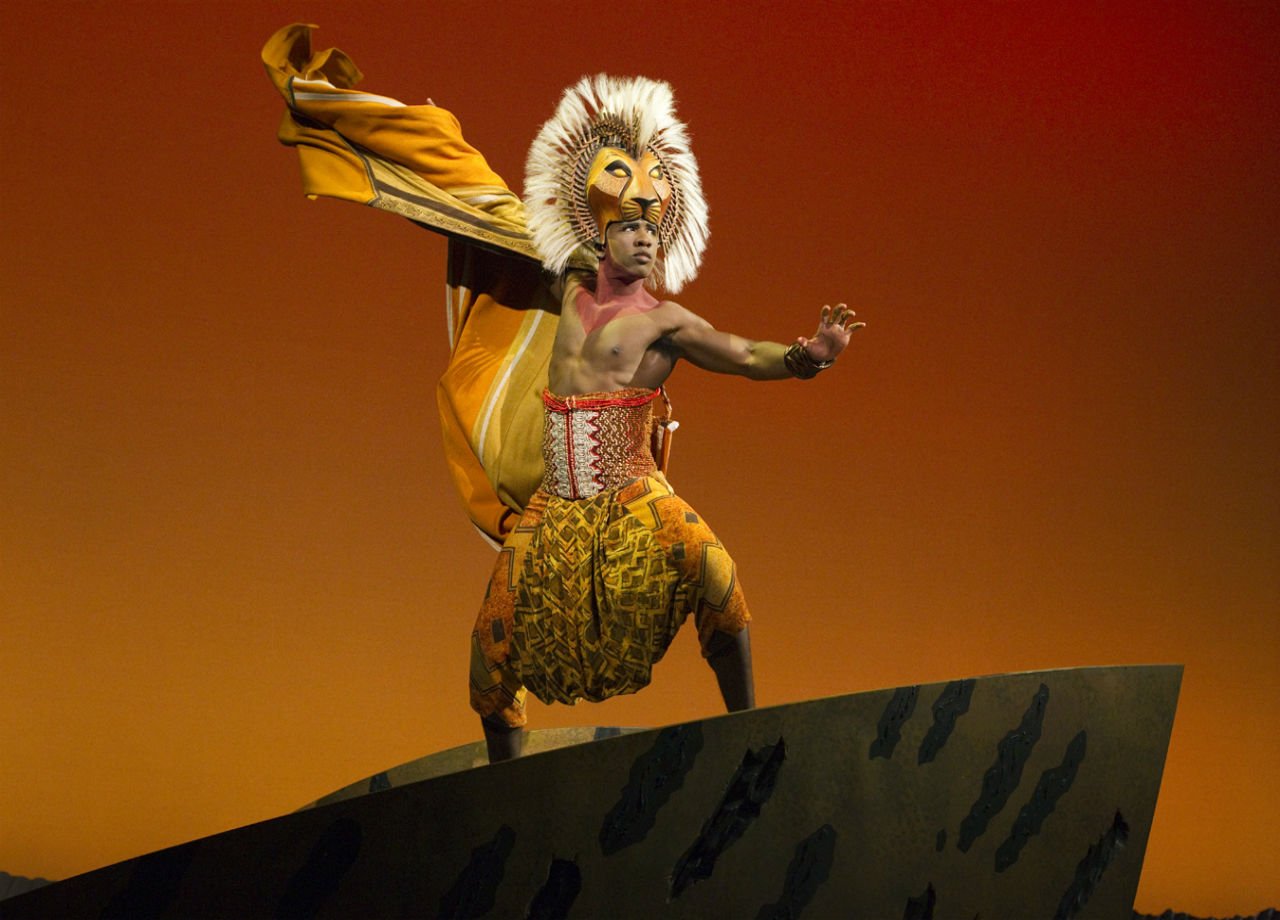The Languages of The Lion King
The release of the live-action adaptation of The Lion King invites a brand new audience to fall in love with Simba and Nala, voiced by a diverse cast that includes Donald Glover and Beyonce Knowles. And while we’re sure you’re as excited as we are to hear these two sing a beautiful rendition of Can You Feel The Love Tonight, as language lovers we want to go beyond just the English used in the film. So without further ado, here are the other languages that are a vital part of The Lion King.

Photo via Wikimedia
Swahili
Swahili, also known as Kiswahili to differentiate between the language and people of Swahili, is a Bantu language that belongs to the Niger-Congo language family. Swahili is considered a lingua franca in the African Great Lakes region of Africa as well as other parts of the continent to the south and east. If you are visiting Africa you are most likely to hear Swahili in the following places: Kenya, Tanzania, the Democratic Republic of the Congo, Rwanda, Uganda, and Zambia. There are around 16 million people who speak Swahili as a first language and almost 100 million as a second.
The Lion King taught us what hakuna matada means, which is no worries if you’ve forgotten. Did you know you were speaking Swahili when you were singing along? What about your favourite characters? Simba means lion, Nala means gift, and Mufasa means king. And our teachers of the meaning of hakuna matada need a mention here too: Timon means respect, while Pumbaa means slow-witted. In fact, all of the names in The Lion King have origins in Swahili; everyone from Rafiki (friend) to Zazu (movement)!
Zulu
Zulu, also known as isiZulu to distinguish between the language and the people, is a Southern Bantu language belonging to the Niger-Congo language family like Swahili. Zulu is the native language to South Africa, Lesotho, and Eswatani, and an official language for South Africa. It follows then that Zulu is the most widely spoken language in South Africa, with 24 percent of the population speaking it at home and more than half the population able to understand it. Around 28 million people speak Zulu as either an L1 or L2 language.
All of the songs of The Lion King are memorable and the Circle of Life is no exception. The introduction to this song in the film is in Zulu!
Nants ingonyama bagithi Baba
Sithi uhm ingonyama
Nants ingonyama bagithi baba
Sithi uhhmm ingonyama
Ingonyama
Siyo Nqoba
Ingonyama
Ingonyama nengw’ enamabala
This translates into English as:
There comes a lion, father
Oh yes it’s a lion
There comes a lion, father
Oh yes it’s a lion
A lion
We’re going to conquer
A lion
A lion and a leopard come to this open place
So now you know what you’re saying if you’re singing!

Photo via Sketchport
Xhosa (and other languages)
Xhosa is sometimes referred to as the clicking language thanks to its clicking consonants. Xhosa is a Nguni Bantu language which like all the other African languages of The Lion King is part of the Niger-Congo language family. You will hear Xhosa in places like the Eastern Cape, the Western Cape, and the KwaZulu-Natal. There are around 19 million speakers of Xhosa in total.
Xhosa has a much smaller language role in The Lion King when compared with Swahili and Zulu, since it is only heard spoken occasionally by less prominent characters. Though if you want to hear Xhosa more in The Lion King then you could choose to watch the musical performance instead of (or as well as) the film. This Broadway success is now in its twenty-second year and incorporates a number of African languages besides Xhosa. The cast will sing and speak to you in Swahili, Zulu, Sotho, and Tswana!

Photo via Wikimedia
The original Lion King has been translated into and released in 44 languages around the world, which will also be the case for the new version. To give you a taster of what some of those songs might sound like here is Can You Feel The Love Tonight again, though this time sung by Beyonce and Jacky Cheung.
Why not use The Lion King as an opportunity for practice if you are studying a language? Watch a version in one of those 44 different languages and see what you already know. And if you’re looking for some guidance with your language studies beyond watching a film then we can help! Drop us a quick inquiry and see how our courses will benefit you.
